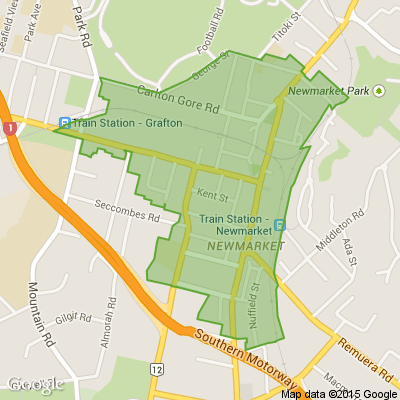Fake Police scam: UK national arrested after nearly $300k lost
A Police investigation has turned the heat up on a cold-calling scammer claiming to be an officer.
Police recently shared about the scam in which victims receive a call to their landline phone, by someone pretending to be a Police officer and providing a fake badge number.
In recent weeks, 18 Aucklanders have allegedly been duped out of more than a quarter of a million dollars.
Detective Senior Sergeant Craig Bolton, from Auckland City’s Financial Crime Unit, says victims are told a story about needing their assistance with an investigation.
“The scam will always involve this so-called officer asking for financial information or asking you to withdraw cash to be collected as part of an investigation into banks,” he says.
On Monday, real Police officers caught up with the scammer following a foot chase through central Auckland.
Detective Senior Sergeant Bolton says a 25-year-old UK national was taken into custody.
Today, he will face the Auckland District Court on 22 charges of obtains by deception, attempting to obtain by deception and escaping custody.
Police will be opposing his bail.
“We will allege in court that this man, who only arrived in New Zealand in early June, was on his way at the time to collect more cash from a previous victim,” Detective Senior Sergeant Bolton says.
“Instead, real detectives turned up at the victim’s doorstep to advise him he was about to be scammed out of $20,000 in cash.
“Financial Crime investigators from all three policing districts' fraud teams in Tāmaki Makaurau have been working together to piece together this offending, and this is a great outcome.”
Aucklanders who fell victim of the scam were aged between 56 and 90, with the majority over 80.
“This man’s alleged actions betrayed the good-will of vulnerable and elderly members of our community,” Detective Senior Sergeant Bolton says.
The offender has victims from right across Auckland, with a total of $297,700 in cash lost.
Detective Senior Sergeant Bolton says enquiries are ongoing, and Police will work to recover as much of the cash as possible.
Please remember:
- Police will never call to ask you for bank details, pin numbers or passwords
- Police do not offer prize money
- Police will not ask you to go to a bank to withdraw money
- If you receive a call out of the blue of a similar nature: challenge the caller to identify themselves, ask for their details.
- Hang up, contact 105 to verify the ID and request the officer to contact you
- If it sounds too good to be true, it probably is.

Success isn’t just about numbers; it’s about making the right decisions at the right time.
At Moore Markhams, we work alongside you to understand your goals and help you navigate challenges, from tax compliance to business strategy.
As part of a global network, we provide local expertise backed by international connections, so you’re supported every step of the way.
Discover how Moore Markhams Auckland and our nationwide team can help your business thrive.

Worst Xmas ever?
There's a a lot of planning that goes into Christmas day and sometimes things just don't go to plan. But it can be a good thing - a family mishap or hilarious memory that you can laugh about in Christmases to come.
Whether you burnt the dinner or were stranded at an airport...
Share your Christmas mishaps below!

⚠️ DOGS DIE IN HOT CARS. If you love them, don't leave them. ⚠️
It's a message we share time and time again, and this year, we're calling on you to help us spread that message further.
Did you know that calls to SPCA about dogs left inside hot cars made up a whopping 11% of all welfare calls last summer? This is a completely preventable issue, and one which is causing hundreds of dogs (often loved pets) to suffer.
Here are some quick facts to share with the dog owners in your life:
👉 The temperature inside a car can heat to over 50°C in less than 15 minutes.
👉 Parking in the shade and cracking windows does little to help on a warm day. Dogs rely on panting to keep cool, which they can't do in a hot car.
👉 This puts dogs at a high risk of heatstroke - a serious condition for dogs, with a mortality rate between 39%-50%.
👉 It is an offence under the Animal Welfare Act to leave a dog in a hot vehicle if they are showing signs of heat stress. You can be fined, and prosecuted.
SPCA has created downloadable resources to help you spread the message even further. Posters, a flyer, and a social media tile can be downloaded from our website here: www.spca.nz...
We encourage you to use these - and ask your local businesses to display the posters if they can. Flyers can be kept in your car and handed out as needed.
This is a community problem, and one we cannot solve alone. Help us to prevent more tragedies this summer by sharing this post.
On behalf of the animals - thank you ❤️







 Loading…
Loading…




